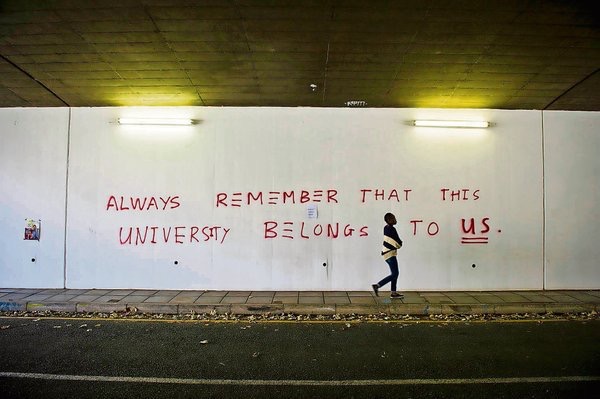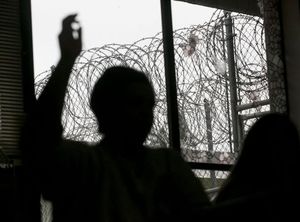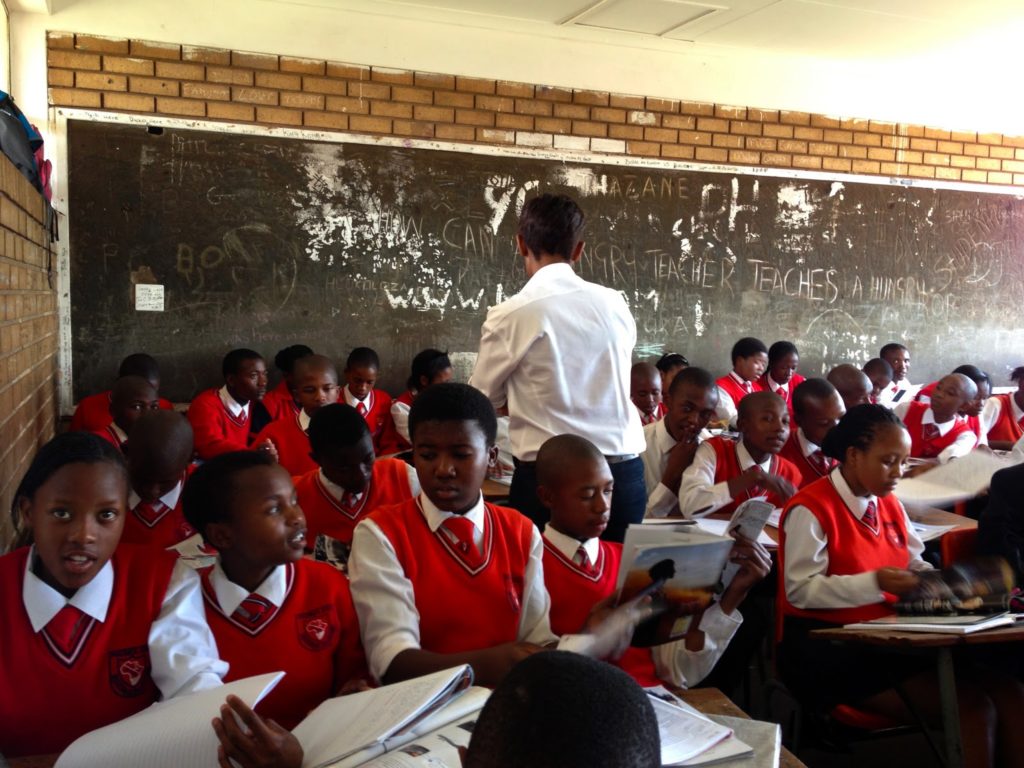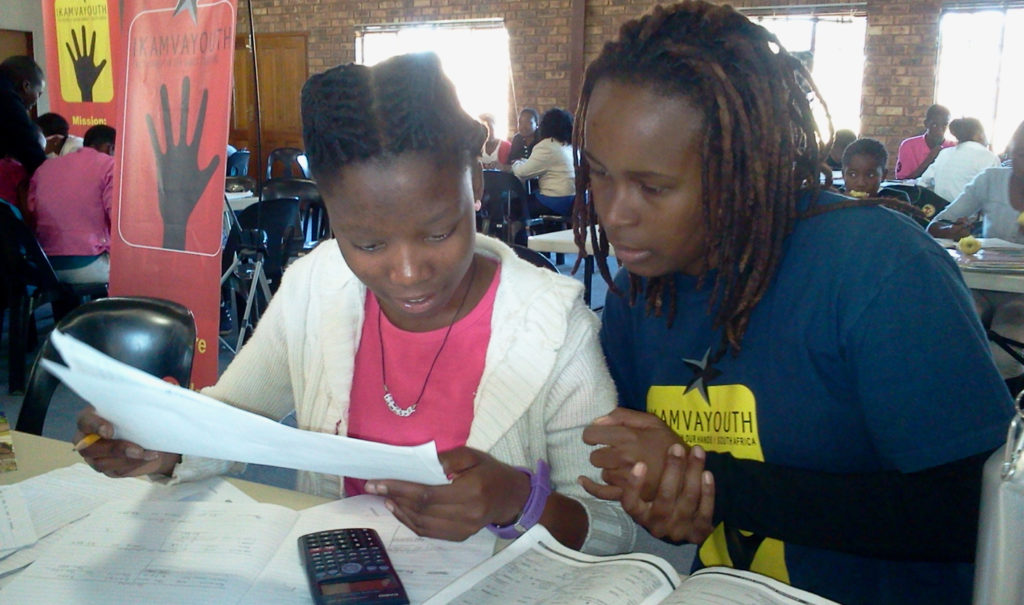
Tanya McDowell addresses reporters
The newest college admissions scandals bring into focus the distorted and privileged ways the rich bribe their way to make sure their children get into prestigious colleges and Ivy League schools. Some of the more ridiculous attempts included a teenage girl who did not play soccer becoming a star soccer recruit at Yale for $1.2 million; a high school who was falsely deemed to have a learning disability so that he could have a proctor at a standardized test to get the right score to attend the University of South California for $50,000; a student whose parents paid $200,000 so that she could win a spot on the U.S.C. crew team, without any experience in rowing, by having another person in a boat submitted as evidence of a nonexistent skill.
The outrageous attempts go on and on, in a scandal that led federal prosecutors to charged 50 people to buy spots in the freshman classes at Yale, Stanford and other major-leagued schools. Those wealthy parents included Hollywood celebrities and prominent business leaders, with more indictments to come. Top college athletic coaches were also implicated for accepting millions of dollars to help admit those undeserving students to those high-profile schools. And while the theoretical punishment carries a penalty of 20 years, it is highly unlikely that these wealthy people will face any serious prison time. They’ll get lighter sentences or alternative punishments: “The judge could actually impose a sentence of probation in cases like this. He could impose community service, public work service, or home confinement. There’s a wide range of options available to the judge.”
Meanwhile, we continually imprison Black and Brown parents for longer periods of time for lesser offenses, including nonviolent drug offenses, minor misdemeanors, or something as simple as not being able to post bail, despite having committed no crime (16-year-old Kalief Browder was held at Rikers Island for three years because, accused of stealing a backpack, he couldn’t afford the $3,000 bail to get out).
Where is the sympathy and compassion for these individuals? Where is the leniency for those who have not committed a violent offense? If you’re not rich, there is no sympathy, compassion or leniency. None.
Consider Tanya McDowell, a homeless Bridgeport, CT mom who was arrested and charged with first-degree larceny for enrolling her son Andrew in a better school in neighboring Norfolk. McDowell eventually took a plea deal and was sentenced to five years in prison for sending her child to a better school district. To give her child a better education. In a hyper segregated country where there is nearly $23 billion more in state and local funding for white schools than predominantly nonwhite districts.
It’s time for us to acknowledge that both prison and education have been set up so that only the wealthy and white get the best services. Wealthier members of society can “donate” their way into having children attend, even if they don’t deserve it; the wealthy can leave prison and serve house arrests in large mansions or pay lawyers to never “suffer” any kind of punishment whatsoever. To be poor means to be imprisoned for wanting your child to succeed and never being able to pay your way back out.

(Photo Credit: Kathleen O’Rourke / Stamford Advocate) (Image Credit: A Different Drummer)






